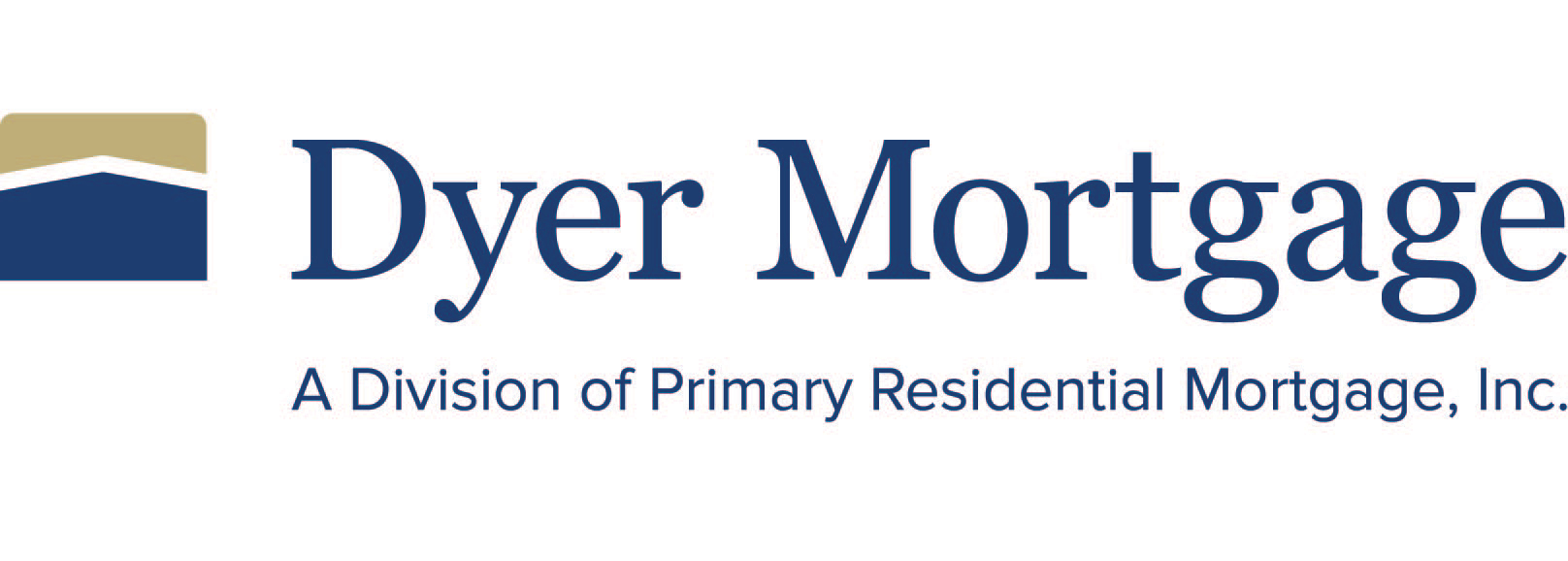Real Estate Investing/Rental Property
Are you considering investing in real estate? There are pros and cons to be considered as real estate investing is not right for everyone.
PRO’s
- Historically real estate has long-term gains as the market appreciates
- Primary residences can often be purchased and financed with a monthly mortgage payment that is less expensive than renting; long term gains can be tax-free; property can be converted to a rental and generate income when you no longer live there.
- Rental property provides income and in many cases the rent exceeds the costs of the property (mortgage, taxes, insurance and other related expenses).
- Investment real estate can have significant tax benefits (speak to your financial advisor or CPA to determine how much you could save in income taxes).
- Second homes can be used for personal use and rented seasonally to offset a percentage of the expenses.
- Return on investment and financial gains generally are higher than many other types of investments.
- Utilize a “1031 Tax Exchange” to buy and sell investment property and defer paying taxes (please refer to detailed description).
CON’S:
- Real estate is not a liquid asset if you need quick cash.
- Downturns in the economy can have significant impact on home values; you may lose money if you have to sell at the wrong time.
- “Flips” can turn to “flops”-TV shows, infomercials and seminars can be misleading. Often they overstate the amount of money to be made and understate the amount of costs/risks. Many of these so-called “experts” actually buy very little real estate-they make money selling you self-help books or promising “industry secrets” if you pay more money attending their additional seminars. If it sounds easy or “too good to be true” think twice before proceeding!
- Being a landlord is not always easy; it involves managing tenants, maintaining the property, understanding the legal requirements and applicable landlord/tenant laws, and doing repairs. There is also the likelihood at some point you will deal with evicting a tenant and having months of vacancies with no rental income.
Investment property example in Brevard County (2013-2018)
Let’s look at an example for Brevard County’s average median sales prices:
January, 2013 = $105,000
October, 2018 = $230,000
The increase in market value over the last 6 years is 219% (average of 36% per year). The average 3 bedroom home in 2013 rented for about $1,200 per month; in 2018 the same home could rent for $1,800/month or more. Assuming a home was purchased in 2013 using the average median sales price of $105,000 and financed with a 20% down payment the monthly mortgage expense would be about $800 per month (including taxes and insurance). In addition to the home more than doubling in value the monthly rental income was at least 50% higher than the mortgage payment. Although this example assumes buying a home as the economy was just beginning to recover and the annual appreciation rate was higher than historical norms it proves that if you buy the right home at the right time real estate investing should at least be considered.
How do I get started?
When you are ready to explore real estate investing consider these tips:
- Partner with a Realtor that specializes or is experienced in investment real estate. Savvy agents will know where the deals are and how to get the best balance of location, price, and potential rental income.
- If your first real estate investment will be your primary residence your Realtor and lender can advise you about down payment assistance, special financing with no-low money down, future rental income, and a long term plan for future real estate purchases.
- Call Dyer Mortgage for advice on how much you will qualify for, review your overall budget and structure the best financing with the lowest rate/best overall terms. We will work with your financial professional (CPA, attorney and Realtor) to make sure you have all the facts so you make an informed decision-we will also provide guidance from start to finish! If you need assistance finding the right local Realtor please let us know-we will refer you to experienced agents that will help you save time and money. These agents know of real estate opportunities that may not be listed for sale and can watch for a property that would meet your needs before it’s on the market.
- Consult with your financial advisor, CPA, or attorney and determine how much real estate should be part of your overall investment portfolio. In some cases you can buy real estate through a self-directed IRA. This can be for the down payment or purchase price.
- If you plan on purchasing investment property for short term rentals such as VRBO or AIRBNB check with local government for ordinances, if taxes need to be collected, and minimum rental periods. Some condos do not allow rentals less than 6 months; even single family homes and communities may have restrictions you’ll need to be aware of before you rent your home.
All investing has risk and there are no guarantees you will make money by investing in real estate. It’s great to see our investments go up in value but be prepared for the down turns that can occur over time.
Think long-term; it’s not about “timing” the market, it’s about “time in” the market. Long term planning with professional advice is the only way to decide what is best for you.
